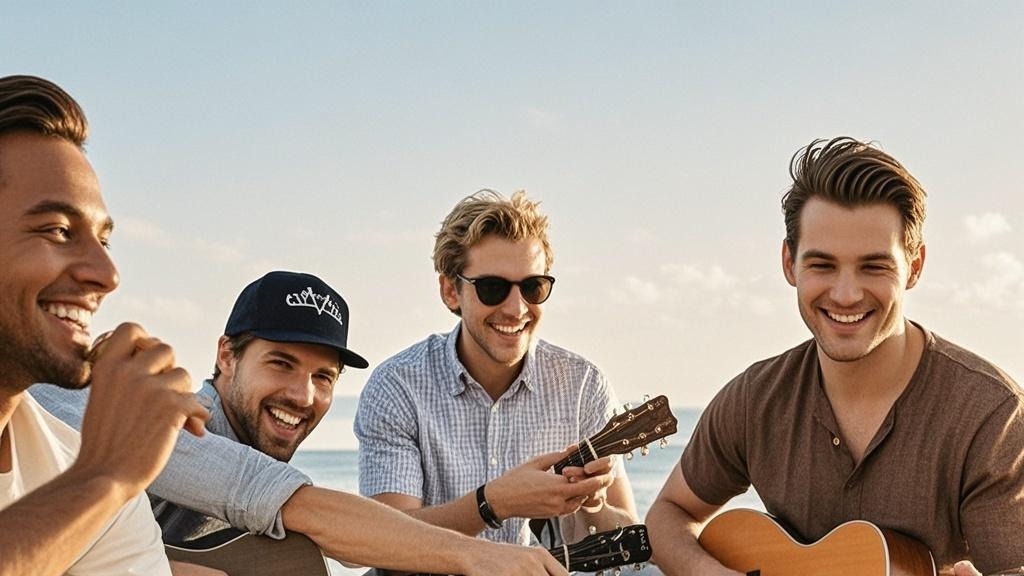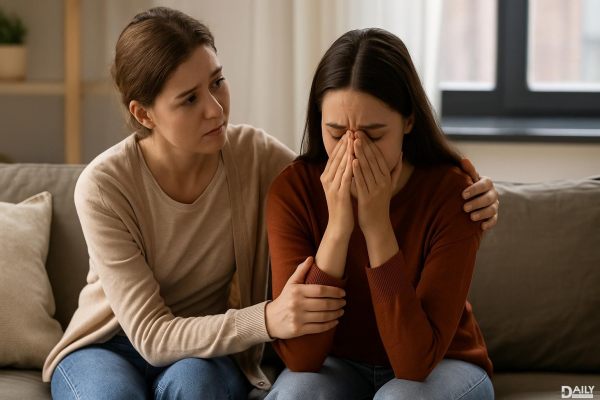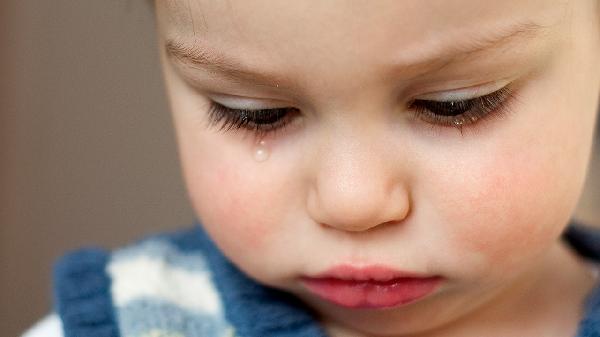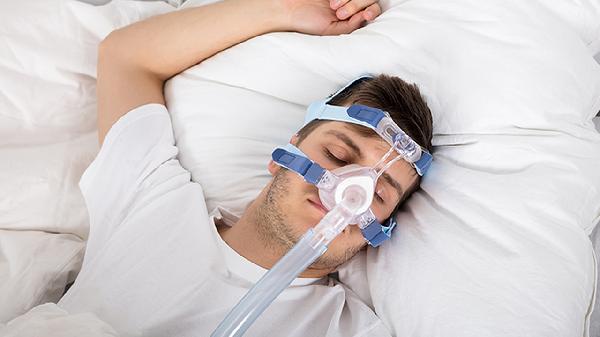Turns out, your grandma was right—good friends really are the key to happiness. But it’s not just folk wisdom; modern science backs it up. Research shows that strong social connections are as vital to mental health as diet and exercise are to physical health. In fact, people with solid relationships live longer, handle stress better, and even recover from illness faster. So, if you’ve ever canceled plans to binge Netflix alone (we’ve all been there), it might be time to rethink your social game.

Why Your Brain Craves Connection
Humans are wired for belonging. Our brains release oxytocin—the "cuddle hormone"—when we bond with others, reducing stress and boosting happiness. Studies using fMRI scans show that social rejection lights up the same brain regions as physical pain, while positive interactions activate reward centers. Translation? Loneliness doesn’t just feel bad—it hurts.
Quality Over Quantity
Having 1,000 Instagram followers won’t cut it. What matters is depth, not breadth. Research from Harvard reveals that people with just three to five close confidants report higher life satisfaction than those with dozens of casual acquaintances. These core relationships act as emotional shock absorbers, helping you navigate life’s rough patches.
The Friendship Formula
Building meaningful connections doesn’t require becoming a social butterfly. Small, consistent efforts work best:
Weekly check-ins – A quick call or text to a friend keeps bonds strong.
Shared experiences – Trying new activities together (like a cooking class or hiking) deepens connections faster than passive hangouts.
Vulnerability – Opening up about struggles, not just successes, fosters real intimacy.
Digital Friendships Don’t Count (Mostly)
Sure, group chats and memes keep us laughing, but screens can’t replace face-to-face time. A University of Pennsylvania study found that passive scrolling increases loneliness, while video calls or voice messages (where tone and facial cues matter) help maintain real bonds. Pro tip: Swap endless texting for a monthly "friend date" IRL.
When Socializing Feels Hard
For introverts or those with social anxiety, small steps make a difference:
Low-pressure settings – Try one-on-one coffee instead of big parties.
Structured activities – Book clubs or volunteer work take the pressure off small talk.
"Social Snacking" – Brief interactions (chatting with a barista, complimenting a coworker) still boost mood.
Investing in relationships isn’t just about fun—it’s brain medicine. Whether it’s reconnecting with an old friend or joining a local meetup, prioritize people who leave you feeling energized, not drained. As psychologist Susan Pinker puts it, "Face-to-face contact is like a vaccine for mental health." So put down the phone, and go grab lunch with someone who gets you. Your brain will thank you.
























